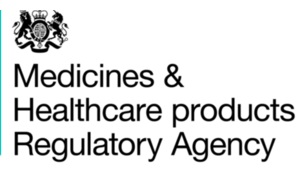15. Can the sponsor retain (archive) the investigator’s TMF?
The investigator should retain control of the documentation contained in the investigator site file. The investigator site file should never be sent to the sponsor organisation except in sponsor-investigator situations. This requirement does not mean that an external sponsor cannot arrange the archiving on behalf of the investigator, which is acceptable, subject to the following being implemented:
• The archive arrangements are formally agreed and documented between the sponsor and investigator or host institution
• A formal procedure is in place such that the documents are only released from the external archive with the approval of the investigator or host institution. It is recommended that this is tested for robustness. Permission from the investigator or host organisation should also be required to permit access to the contents of investigator site archived materials at the archive facility
• The records go directly between the investigator site and an archive facility independent of the sponsor, thereby ensuring that the Sponsor does not have uncontrolled access to the investigator files.
Version 1: 17th December 2012






